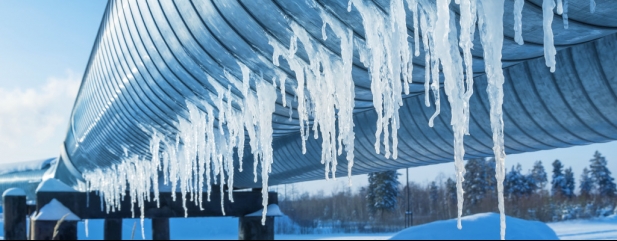Archived article
Please note that tax, investment, pension and ISA rules can change and the information and any views contained in this article may now be inaccurate.
Can Russia reduce its reliance on oil and gas?

AJ Bell is an easy to use, award-winning platform Open an account
We've accounts to suit every investing need, and free guides and special offers to help you get the most from them.
You can get a few handy suggestions, or even get our experts to do the hard work for you – by picking one of our simple investment ideas.
All the resources you need to choose your shares, from market data to the latest investment news and analysis.
Funds offer an easier way to build your portfolio – we’ve got everything you need to choose the right one.
Starting to save for a pension, approaching retirement, or after an explainer on pension jargon? We can help.
Please note that tax, investment, pension and ISA rules can change and the information and any views contained in this article may now be inaccurate.

Oil prices have had a very turbulent year. The fossil fuel traded above $70 per barrel in January as simmering tensions between the US and Iran threatened an escalated conflict in the Middle East and oil is now priced at around half that level.
The futures contracts on the US benchmark WTI dipped into negative territory at one point as Covid-19 dealt a devastating blow to demand and a price war briefly blew up between major producers Saudi Arabia and Russia.
Oil (and gas) production remain highly significant contributors to the Russian economy. In 2019 Russia’s Natural Resources and Environment Ministry estimated that the combined worth of the country’s oil, gas and other resources amounted to 60% of its gross domestic product.
The influence of the energy sector can be seen in the correlation between oil prices and the Russian GDP – although there are signs that the link between the two is starting to weaken.
In a June 2020 report the World Bank specifically referenced oil as it commented: ‘With oil prices averaging $32 per barrel in 2020 and the global economy contracting by 5.2% year-on-year, the baseline scenario suggests a contraction of Russian GDP by 6%, an 11-year low, with a moderate recovery in 2021-2022.’
Could the ongoing volatility in oil act as a spur for the country to reduce its reliance on the export of hydrocarbons and focus on developing other sectors? In August 2020 Russia demonstrated some intent in this area as it launched a Year of Scientific and Technological Innovation in partnership with China.
This outlook is part of a series being sponsored by Templeton Emerging Markets Investment Trust. For more information on the trust, visit here.
These articles are provided by Shares magazine which is published by AJ Bell Media, a part of AJ Bell. Shares is not written by AJ Bell.
Shares is provided for your general information and use and is not a personal recommendation to invest. It is not intended to be relied upon by you in making or not making any investment decisions. The investments referred to in these articles will not be suitable for all investors. If in doubt please seek appropriate independent financial advice.
Investors acting on the information in these articles do so at their own risk and AJ Bell Media and its staff do not accept liability for losses suffered by investors as a result of their investment decisions.
The value of your investments can go down as well as up and you may get back less than you originally invested. We don't offer advice, so it's important you understand the risks, if you're unsure please consult a suitably qualified financial adviser. Tax treatment depends on your individual circumstances and rules may change. Past performance is not a guide to future performance and some investments need to be held for the long term.
 magazine
magazine